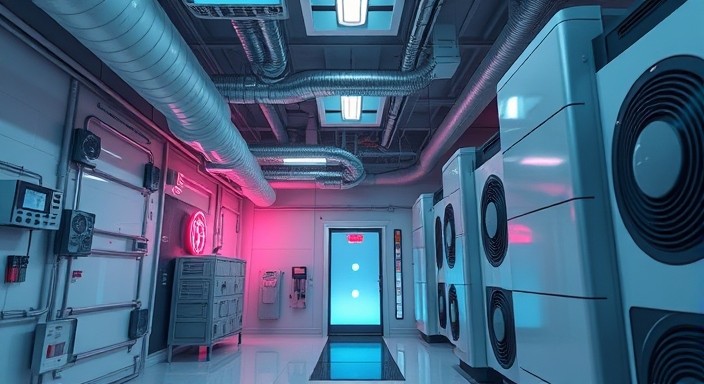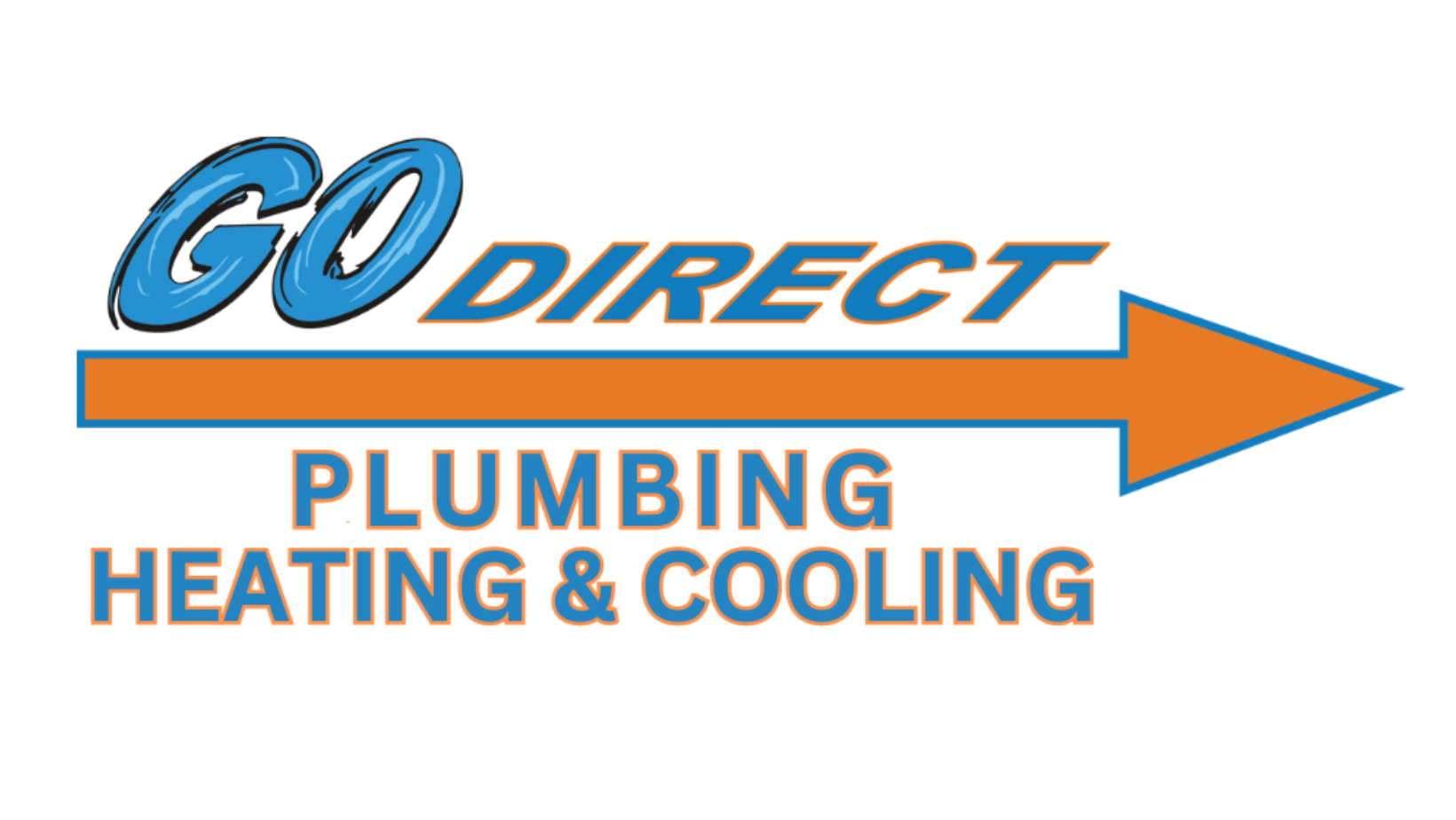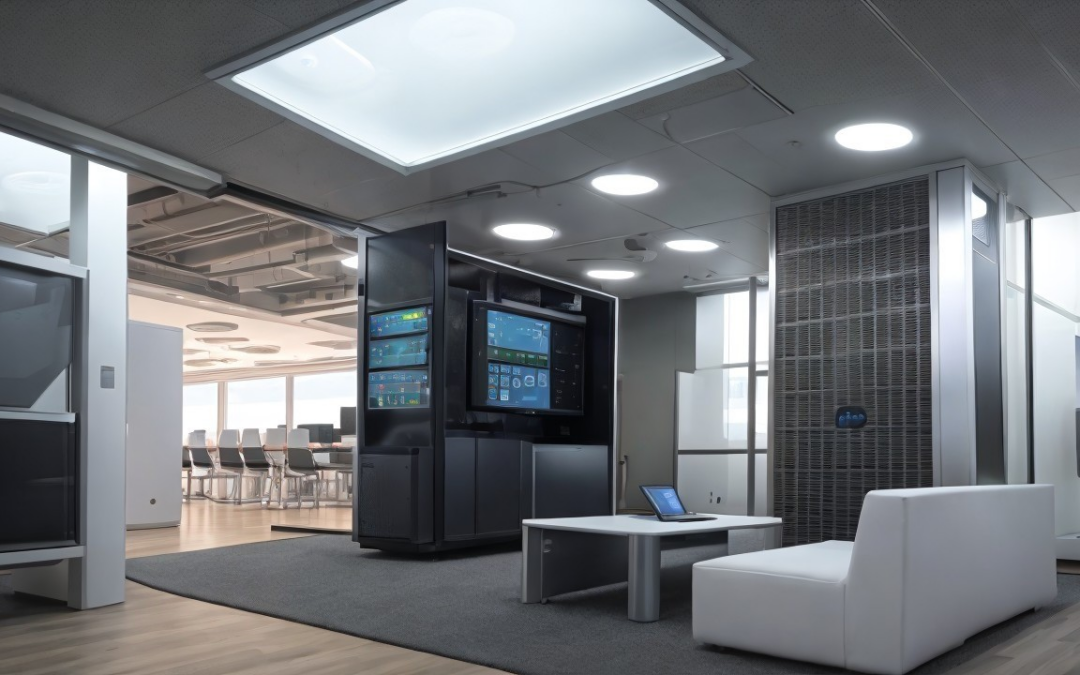In the last decade, energy efficiency has become a cornerstone of innovation in the HVAC industry. This shift is not just a response to regulatory demands but also a reflection of changing consumer priorities and advancements in technology. Homeowners and businesses alike are increasingly prioritizing systems that offer both environmental benefits and cost savings. Let’s explore how energy-efficient HVAC systems are shaping the future and what it means for residential and commercial buildings.
The Drivers Behind Energy-Efficient HVAC Systems
- Regulatory Changes: Governments worldwide are implementing stricter energy standards to combat climate change. Regulations such as SEER (Seasonal Energy Efficiency Ratio) ratings in the U.S. push manufacturers to develop more efficient systems.
- Consumer Demand: Rising energy costs and environmental awareness have made consumers more inclined toward sustainable options. Energy-efficient HVAC systems promise lower utility bills and a reduced carbon footprint.
- Technological Advancements: Innovations like variable speed motors, smart thermostats, and advanced refrigerants enable HVAC systems to operate more efficiently while maintaining optimal comfort.
Benefits for Homeowners
- Cost Savings: Energy-efficient systems can significantly reduce utility bills over time. Though the initial investment might be higher, homeowners see long-term savings that justify the upfront cost.
- Enhanced Comfort: Modern systems offer improved temperature control, quieter operation, and better indoor air quality.
- Increased Home Value: Properties equipped with energy-efficient HVAC systems often attract higher resale values due to their sustainability and operational efficiency.
Implications for Commercial Buildings
- Operational Efficiency: For businesses, energy-efficient HVAC systems lower operational costs, enabling better allocation of resources.
- Regulatory Compliance: Commercial buildings must often meet stringent energy codes. Upgrading to energy-efficient systems ensures compliance and avoids potential fines.
- Corporate Social Responsibility (CSR): Businesses adopting sustainable practices, including efficient HVAC systems, enhance their reputation among stakeholders and customers.

Emerging Trends in Energy-Efficient HVAC Systems
- Smart Systems: Internet of Things (IoT)-enabled HVAC systems allow remote monitoring, predictive maintenance, and real-time energy usage analysis.
- Geothermal Heating and Cooling: Leveraging the earth’s stable underground temperature, geothermal systems are gaining traction for their unmatched efficiency.
- Solar-Powered HVAC: Integrating solar panels with HVAC systems offers a renewable energy solution, reducing reliance on traditional power sources.
- Advanced Refrigerants: The transition to low-global-warming-potential (GWP) refrigerants aligns with international environmental standards.
Challenges to Adoption
- Initial Costs: High upfront costs remain a barrier, particularly for residential users and small businesses.
- Awareness: Many consumers and businesses are unaware of the long-term benefits and available incentives for adopting energy-efficient systems.
- Retrofit Limitations: Older buildings may face challenges in upgrading to modern HVAC systems due to structural constraints.
Conclusion
The rise of energy-efficient HVAC systems signals a transformative period for the industry, benefiting both residential and commercial sectors. While challenges exist, the long-term advantages—including cost savings, enhanced comfort, and environmental stewardship—make these systems a worthwhile investment. As technology continues to evolve, energy-efficient HVAC systems will undoubtedly play a pivotal role in creating sustainable living and working environments.
Whether you’re a homeowner considering an upgrade or a business looking to enhance operational efficiency, now is the time to embrace the energy-efficient HVAC revolution.
marketing@godirectservices.com
#EnergyEfficientHVAC #SustainableLiving #SmartBuildings

